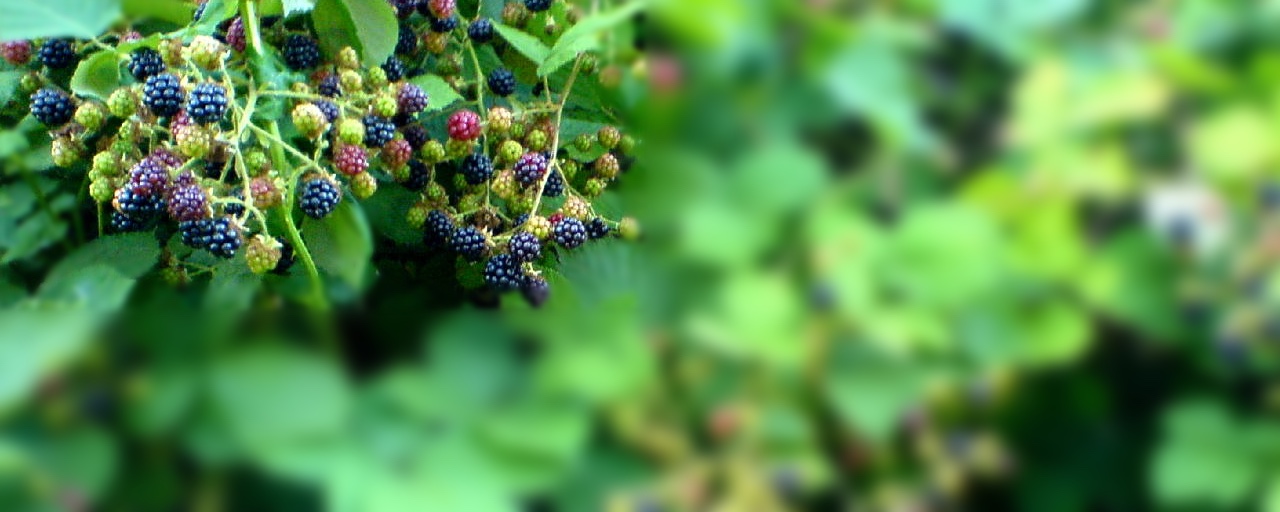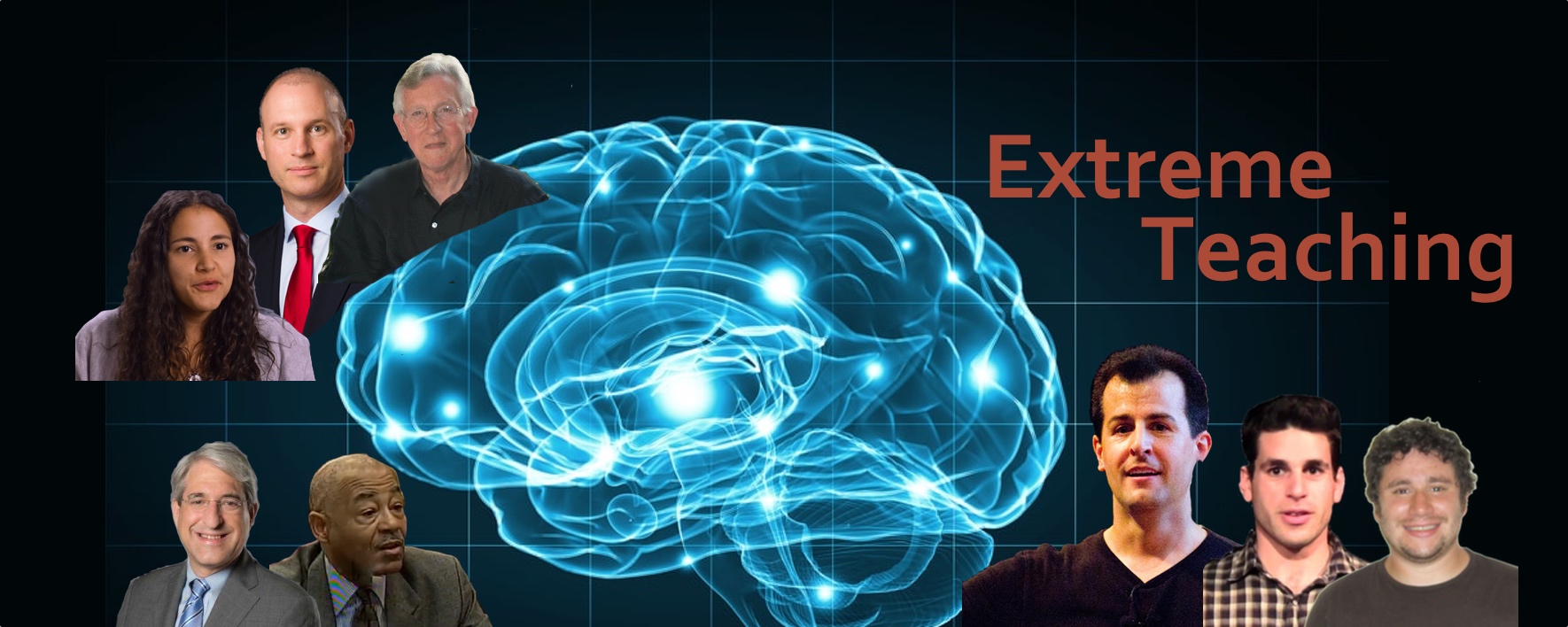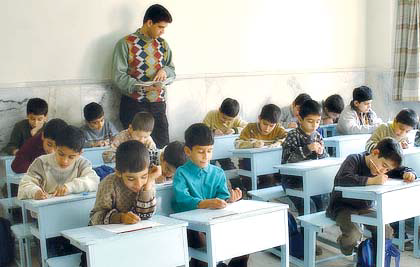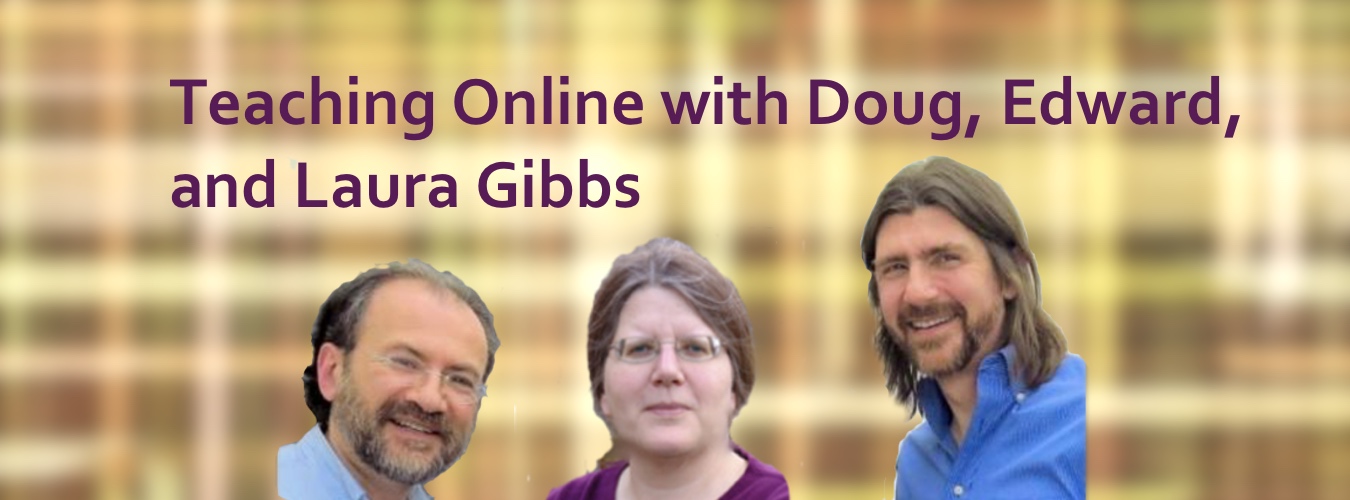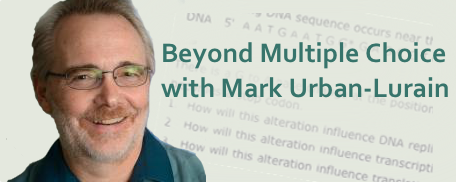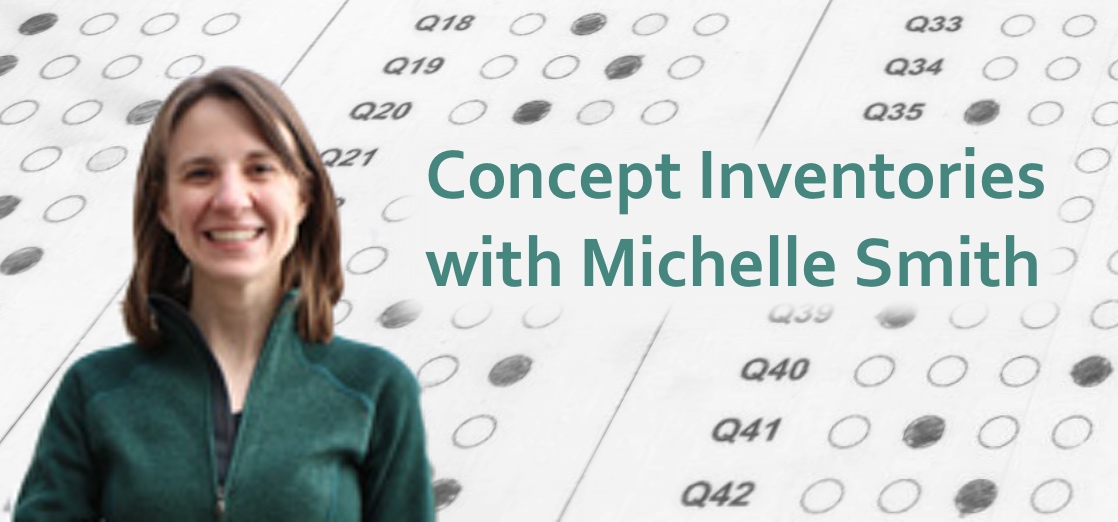Podcast #71
Andrea Stevenson Won is an assistant professor in the Cornell Communication Department where she directs the Virtual Embodiment Lab. She studies how people communicate in virtual environments and how this differs from other forms of communication. She spends her days working with the latest virtual reality gear and conducting experiments in virtual worlds. She’s also collaborating with physicists to create new ways of teaching using VR. In this episode Andrea talks with us about how virtual reality affects her teaching today and how it could affect all our teaching tomorrow.


